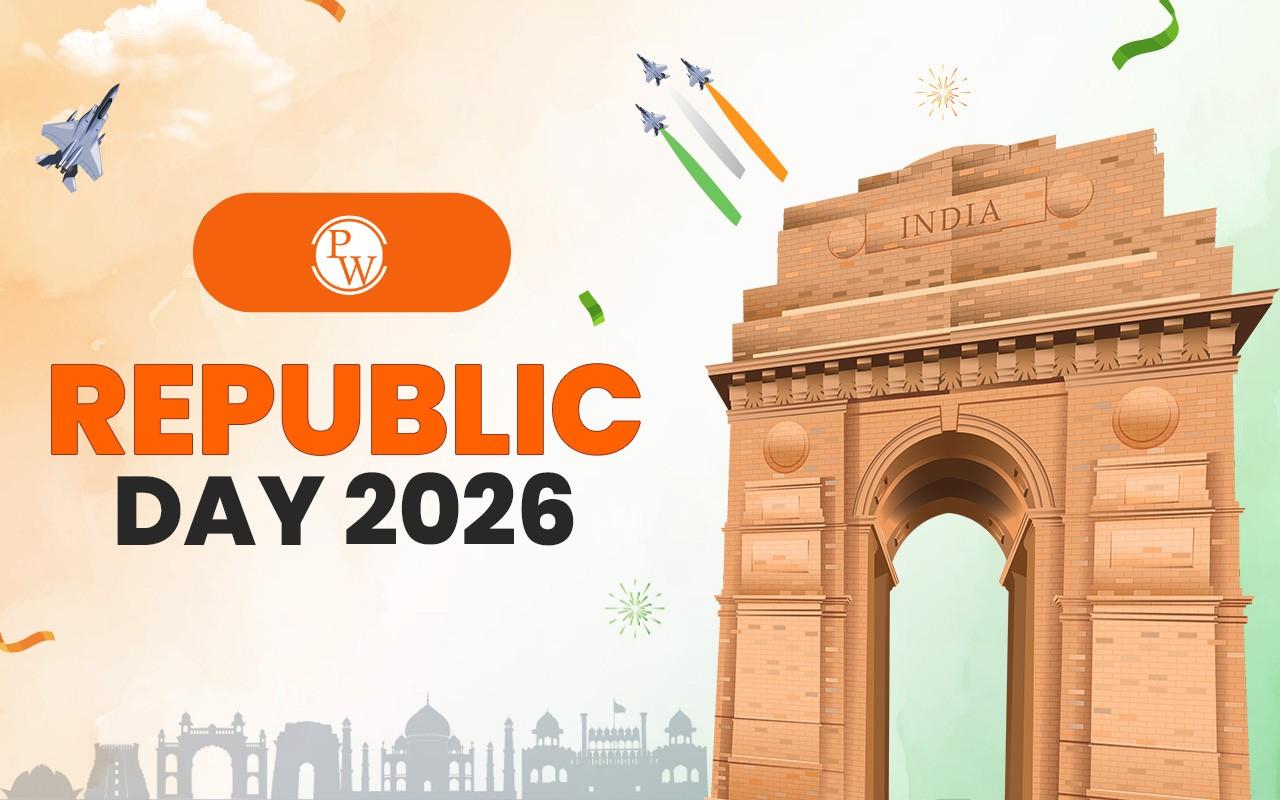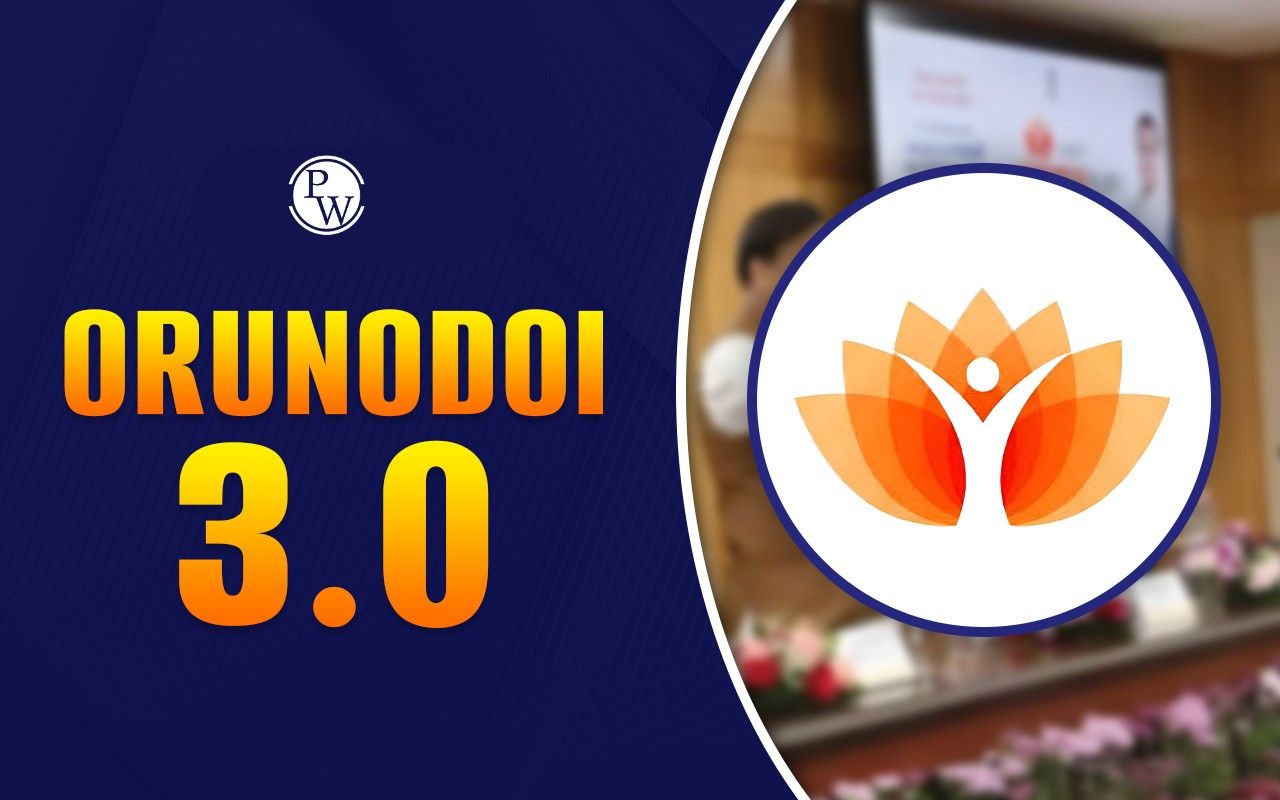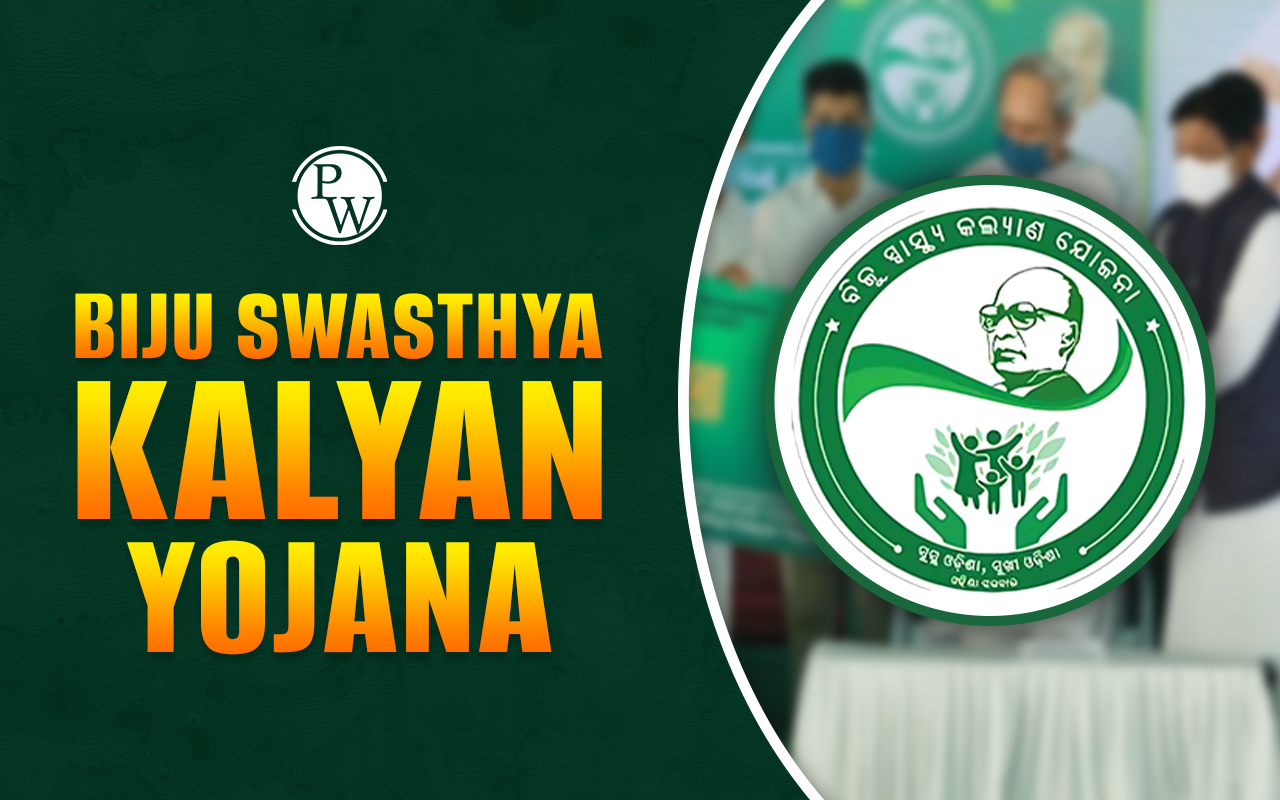
Anthropology is a popular optional subject for the UPSC Civil Services Examination. The Anthropology Optional Syllabus is comprehensive, covering the study of humanity, its past, present, and development.
This subject gives a scientific and analytical view of human life, making it a high-scoring choice for aspirants. Understanding the complete syllabus is the essential first step for any candidate starting their preparation.
Anthropology Optional Syllabus Overview
UPSC Mains examination includes two optional subject papers, each carrying 250 marks, for a total of 500 marks. The Anthropology Optional Syllabus is divided into two distinct papers:
|
Anthropology Optional Syllabus Overview |
||
|
Paper |
Focus Area |
Marks |
|
Paper I |
Fundamentals of Anthropology (The basic principles, theories, and branches of the discipline) |
250 |
|
Paper II |
Indian Anthropology (Indian society, tribes, and contemporary issues) |
250 |
Detailed Anthropology Optional Syllabus for UPSC Mains Paper 1
Paper I focuses on the core concepts, theories, and branches of Anthropology worldwide. This paper is mostly academic and theoretical.
1. Meaning, Scope, and Branches
This section covers the basics of the subject.
-
Definition and Scope: The meaning, growth, and development of Anthropology.
-
Relationship with Other Fields: How Anthropology connects with Social Sciences, Life Sciences, Medical Sciences, and Humanities.
-
Main Branches: Understanding the scope of Social-Cultural, Biological, Archaeological, and Linguistic Anthropology.
2. Physical/Biological Anthropology
This part studies human evolution, genetics, and biological variation.
-
Human Evolution: Biological and cultural factors that influenced human evolution.
-
Evolutionary Theories: Theories proposed by scientists like Darwin (Darwinism), Lamarck (Lamarckism), and the modern Synthetic Theory.
-
Primate Study: Characteristics and behavior of Primates; comparative anatomy of humans and apes.
-
Fossil Records: Studying the phylogenetic status, characteristics, and geographical distribution of various hominids like Australopithecines and Homo erectus.
3. Prehistoric Archaeology
This section deals with the cultural evolution of humans through archaeological evidence.
-
Archaeology Basics: Principles of Prehistoric Archaeology, including methods for determining age (Chronology: Relative and Absolute Dating Methods).
-
Cultural Evolution: Key features of different prehistoric cultures: Palaeolithic, Mesolithic, Neolithic, Chalcolithic, Copper-Bronze Age, and Iron Age.
4. Socio-Cultural Anthropology
This section is about the study of human society and culture.
-
Culture and Society: Concepts, characteristics, and differences between culture and civilisation. Understanding ethnocentrism versus cultural relativism.
-
Social Institutions: The concept of society, social groups, social stratification, and social institutions.
-
Marriage and Family: Definition, functions, types of family (based on structure, marriage, and residence), and the effect of industrialisation and feminism on the family unit.
-
Kinship: Principles and types of descent (Unilineal, Bilateral, etc.) and kinship terminology.
-
Economic Systems: Principles of production, distribution, and exchange in different societies (like hunting-gathering and agriculture).
-
Religion: Anthropological approaches (evolutionary, psychological, functional) to the study of religion, including concepts like monotheism, polytheism, myths, rituals, and various forms of religion in tribal societies (animism, totemism).
5. Anthropological Theories
A critical look at the ideas proposed by famous anthropologists:
-
Classical Theories: Evolutionism (Tylor, Morgan), Functionalism (Malinowski), and Structural-Functionalism (Radcliffe-Brown).
-
Modern Theories: Structuralism (Lévi-Strauss), Cultural Materialism (Harris), Symbolic and Interpretive Theories (Turner, Geertz), and Postmodernism.
6. Research Methods and Applied Anthropology
-
Research Methods: The importance of fieldwork tradition. The difference between technique, method, and methodology.
-
Applications: The use of Anthropology in fields like sports, nutrition, defence equipment design, and forensic science.
Detailed Anthropology Optional Syllabus for UPSC Mains Paper 2
Paper II applies the concepts from Paper I specifically to Indian society and the various tribal groups in the country.
1. Evolution of Indian Anthropology
-
Growth in India: The emergence and development of Anthropology in India, including the contributions of scholar-administrators and Indian anthropologists.
-
Ethno-archaeology: The concept and its relevance in studying survivals among hunting, foraging, fishing, and peasant communities.
-
Cultural Evolution in India: Broad outlines of Indian culture and civilisation from Prehistoric to Protohistoric (Indus Civilisation) times.
2. Demographic and Social Structure
-
Indian Population Profile: The ethnic and linguistic elements in the Indian population and factors influencing its structure and growth.
-
Traditional Social System: The structure and nature of the traditional Indian social system.
-
Caste System: Understanding the Varna and caste systems, theories of their origin, dominant caste, caste mobility, and the future of the caste system.
-
Religious Impact: The effect of religions like Buddhism, Jainism, Islam, and Christianity on Indian society.
-
Indian Village: The significance of village studies; traditional and changing patterns of settlement; and the impact of globalisation on Indian villages.
3. Tribal Situation in India
This is a key area focusing on the unique aspects and problems of Indian tribes.
-
Tribal Characteristics: Bio-genetic, linguistic, and socio-economic features of the tribal populations in India.
-
Problems of Tribes: Key issues faced by tribal communities, such as poverty, land alienation, low literacy, and poor health.
-
Development and Impact: The effect of developmental projects, forest policies, and related displacement and rehabilitation issues on tribes.
-
Administration and Policies: History of tribal area administration, government plans, and programs for tribal development, including the concept of Primitive Tribal Groups (PTGs).
4. Social Change and Contemporary Issues
-
Processes of Change: Indigenous and external processes leading to socio-cultural change in Indian society, such as Sanskritisation, Westernisation, and Modernisation.
-
Constitutional Provisions: Constitutional safeguards for Scheduled Tribes and Scheduled Castes.
-
Ethnicity and Conflict: The concept of ethnicity, ethnic conflicts, and political developments, including demands for regional autonomy and pseudo-tribalism.
Anthropology Optional Preparation Strategy
Preparing for Anthropology as an optional subject in UPSC Mains requires a well-structured and focused approach. Success depends not only on covering the syllabus thoroughly but also on developing strong answer writing skills, making concise notes, analyzing previous year questions, and revising effectively.
A strong strategy involves:
-
Writing answers in a clear, structured, and analytical format.Creating syllabus-wise notes that are concise yet comprehensive.
-
Understanding the repetition and trends in previous year questions.
-
Using visual aids, diagrams, and templates to enhance presentation and retention.
Anthropology Optional Syllabus FAQs
Is the Anthropology Optional Syllabus easy to cover for UPSC?
Does the Anthropology Optional Syllabus overlap with the General Studies (GS) papers?
How is the Anthropology Optional Syllabus divided into papers?
Which key topics are covered under Physical Anthropology in the syllabus?
What is the total mark weightage for the optional subject?










